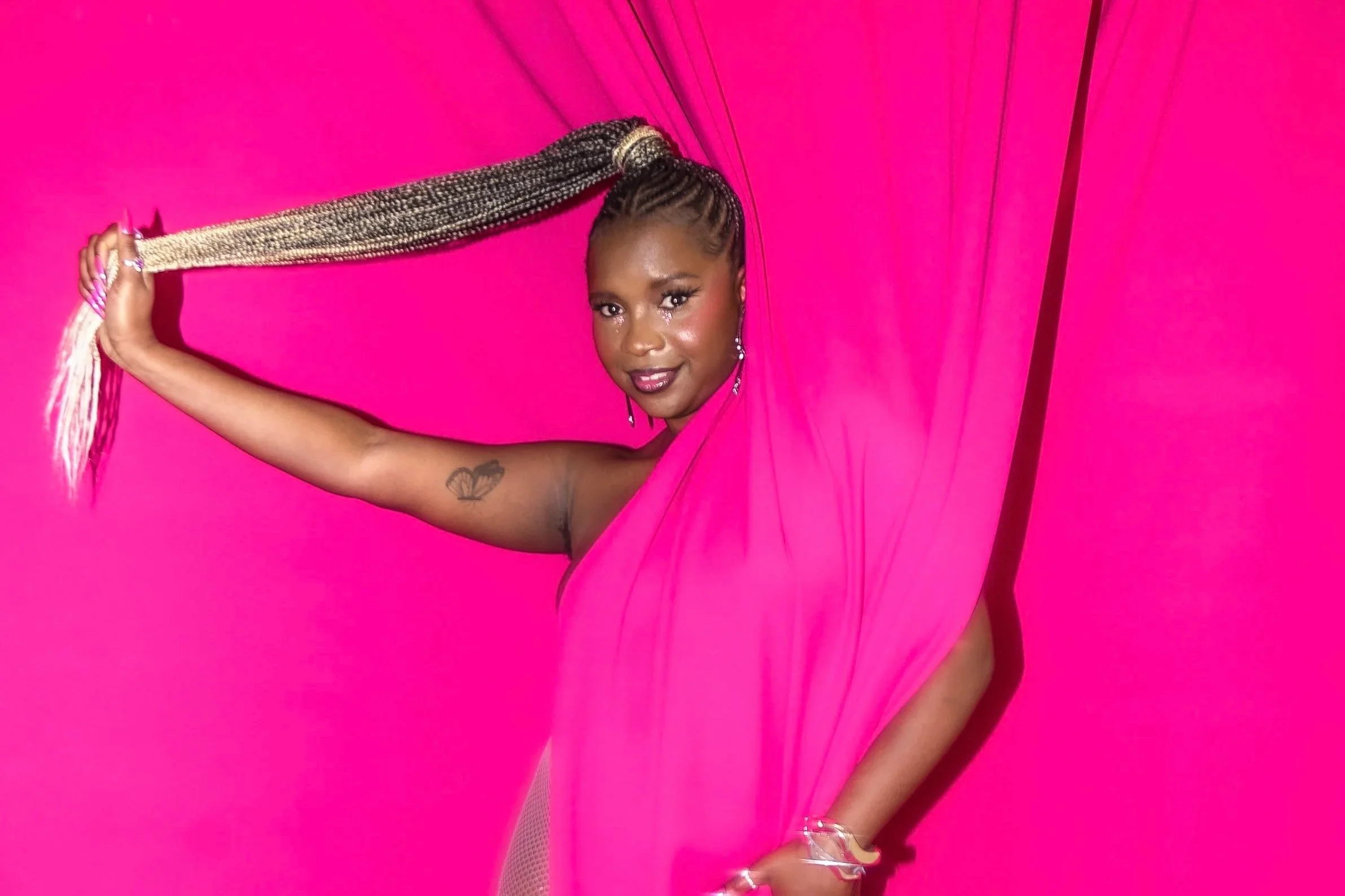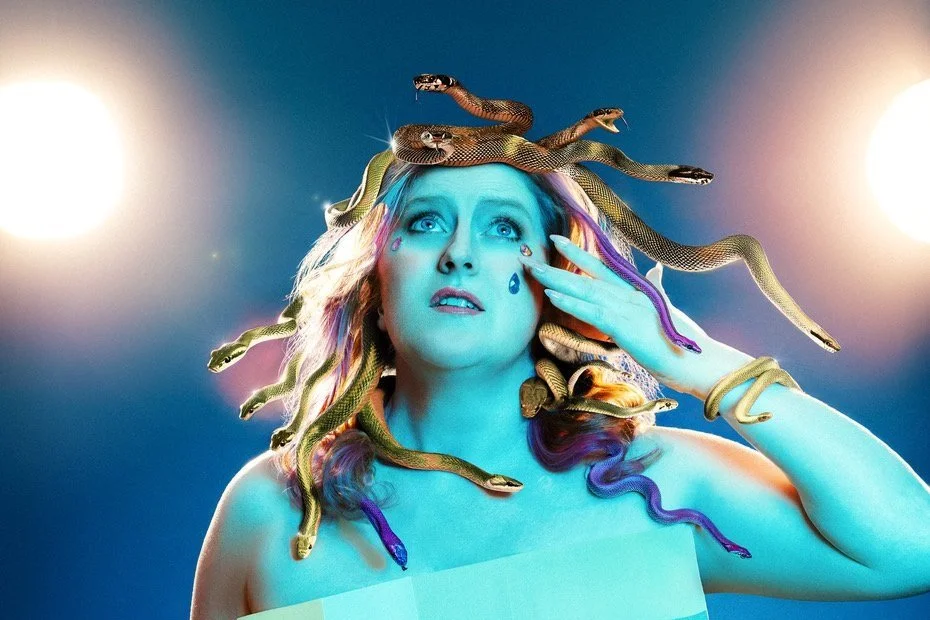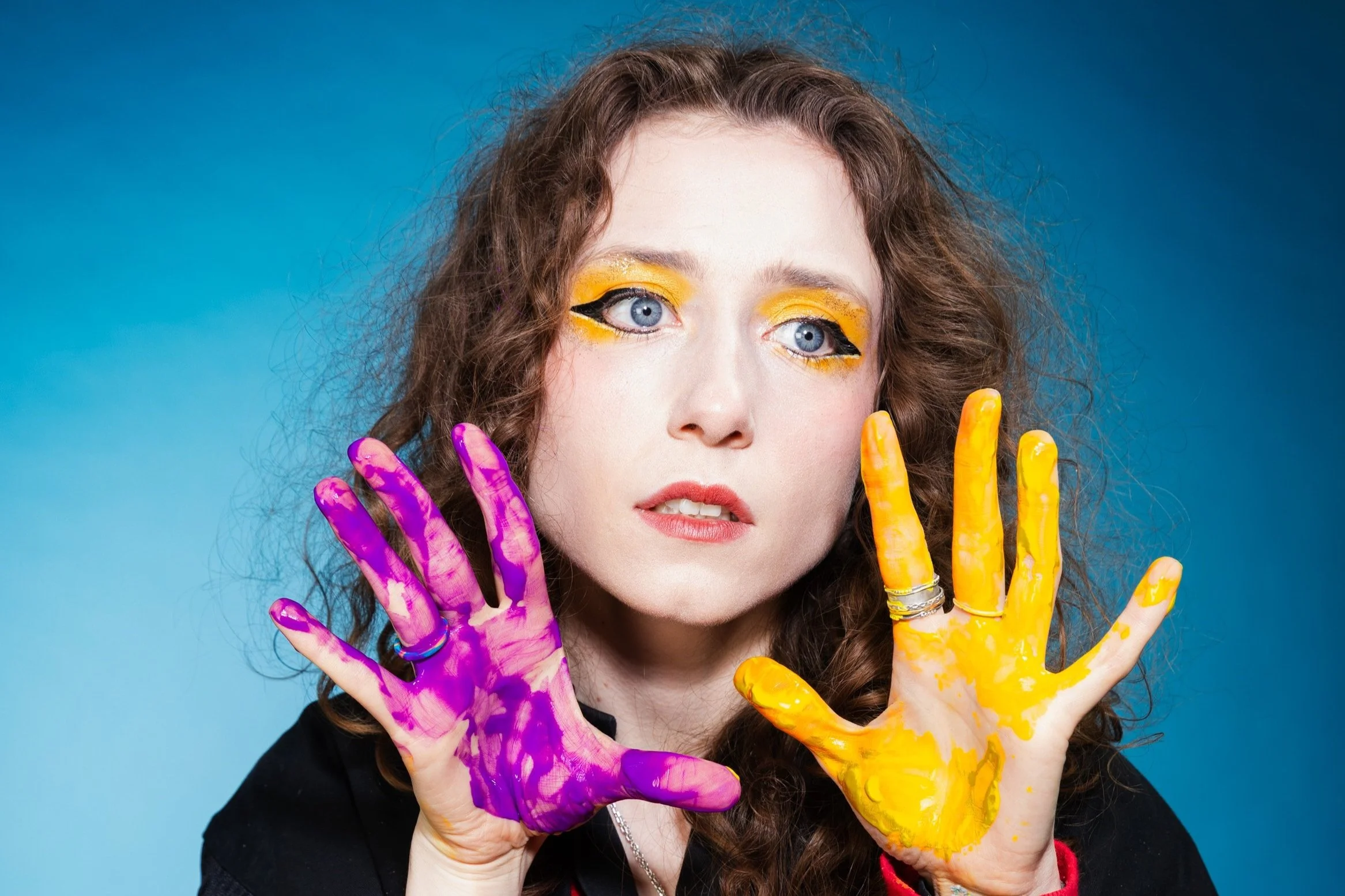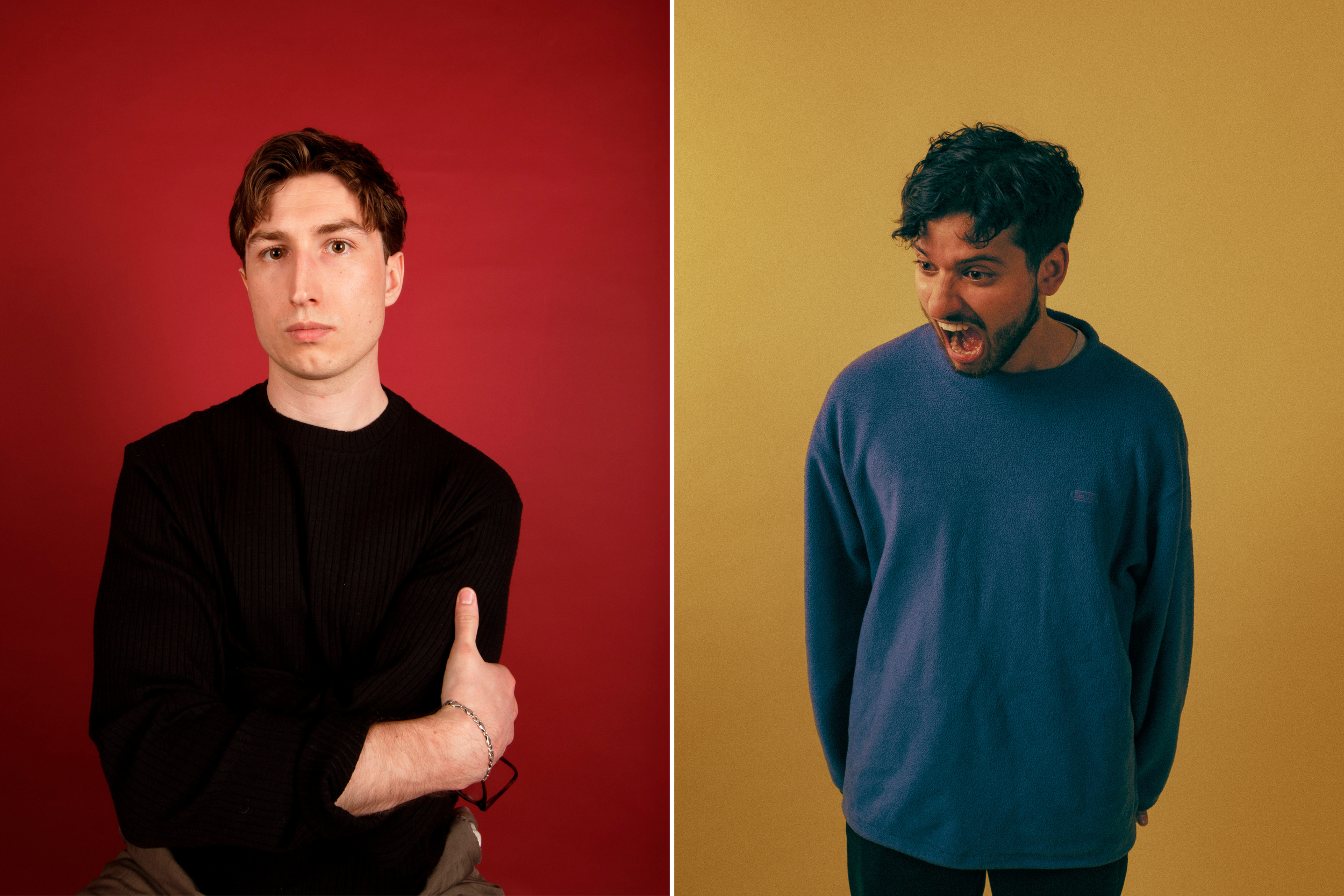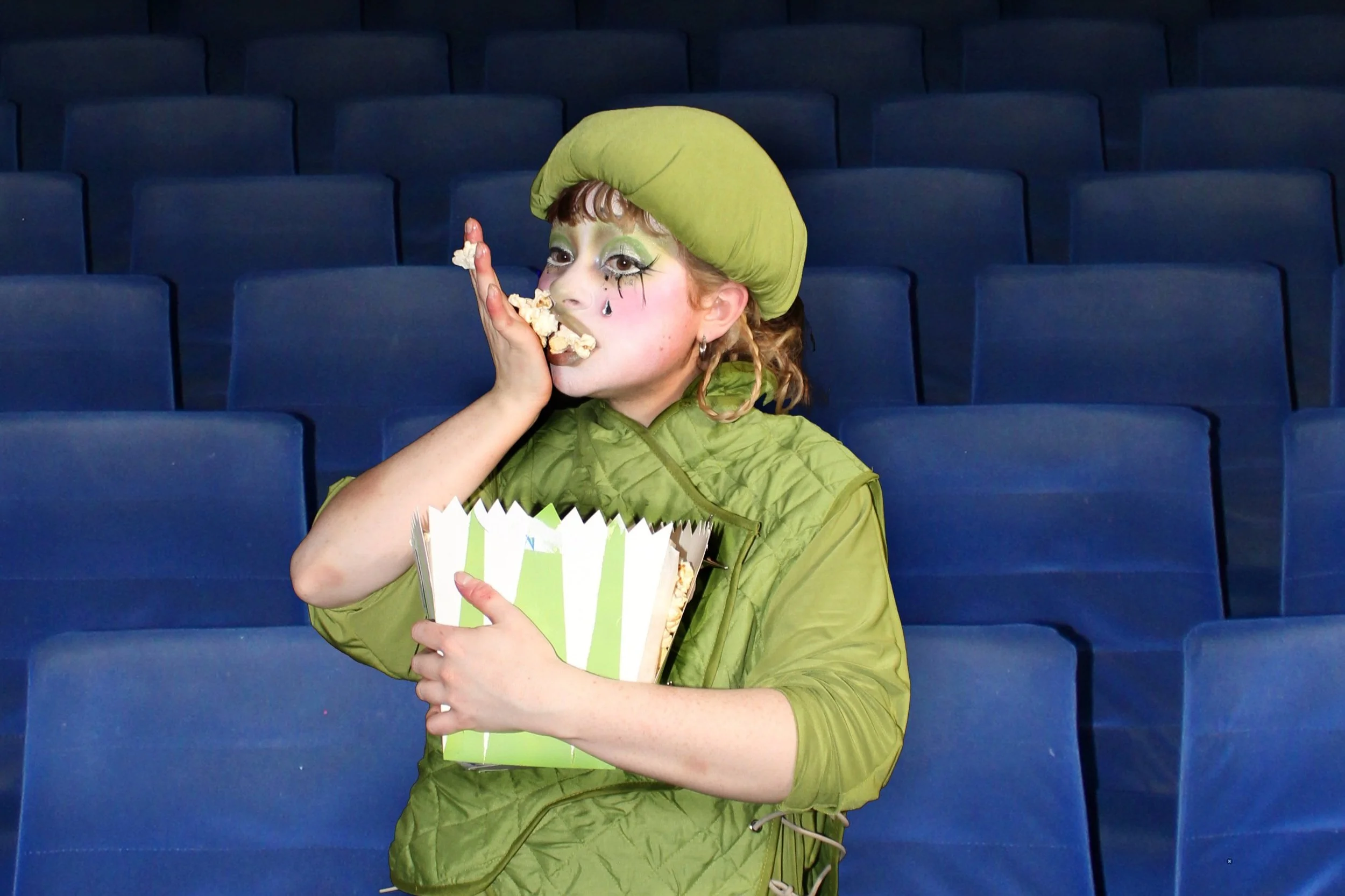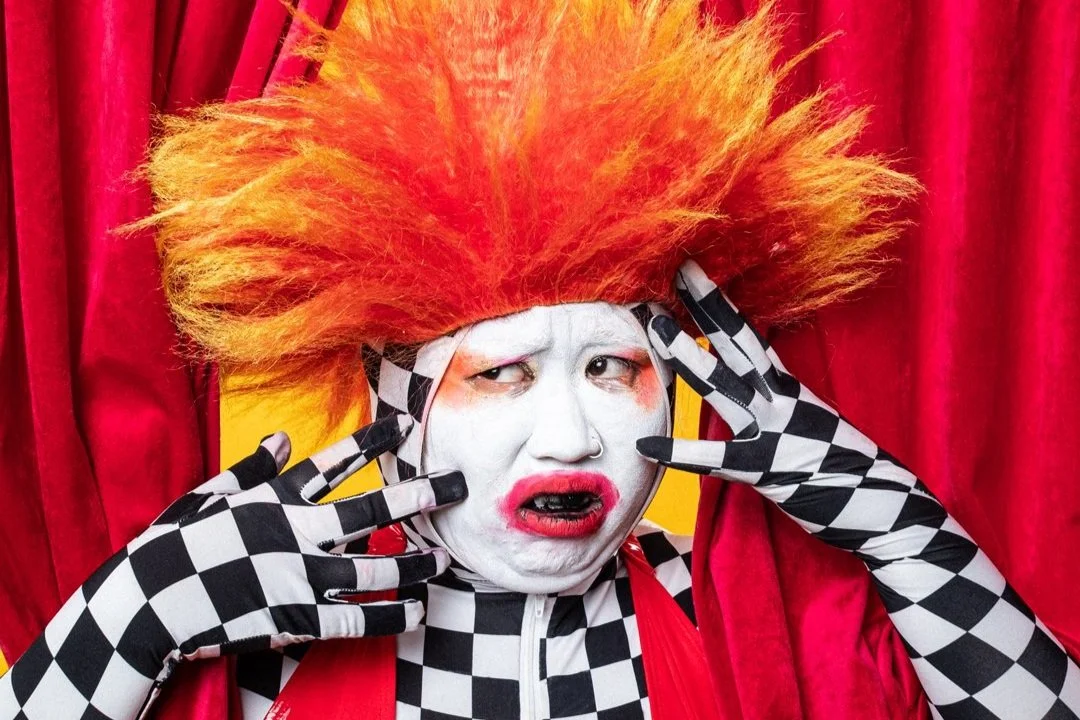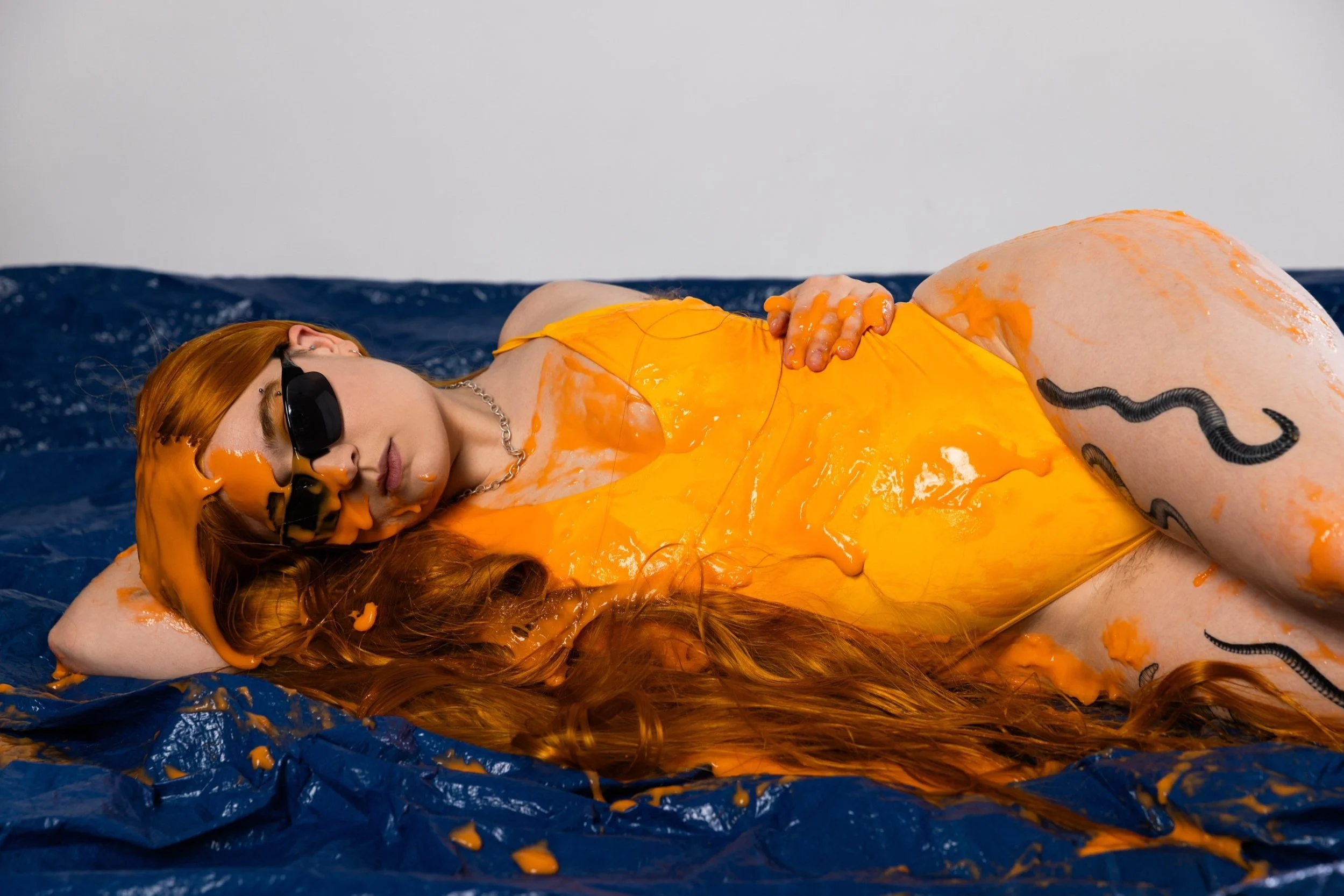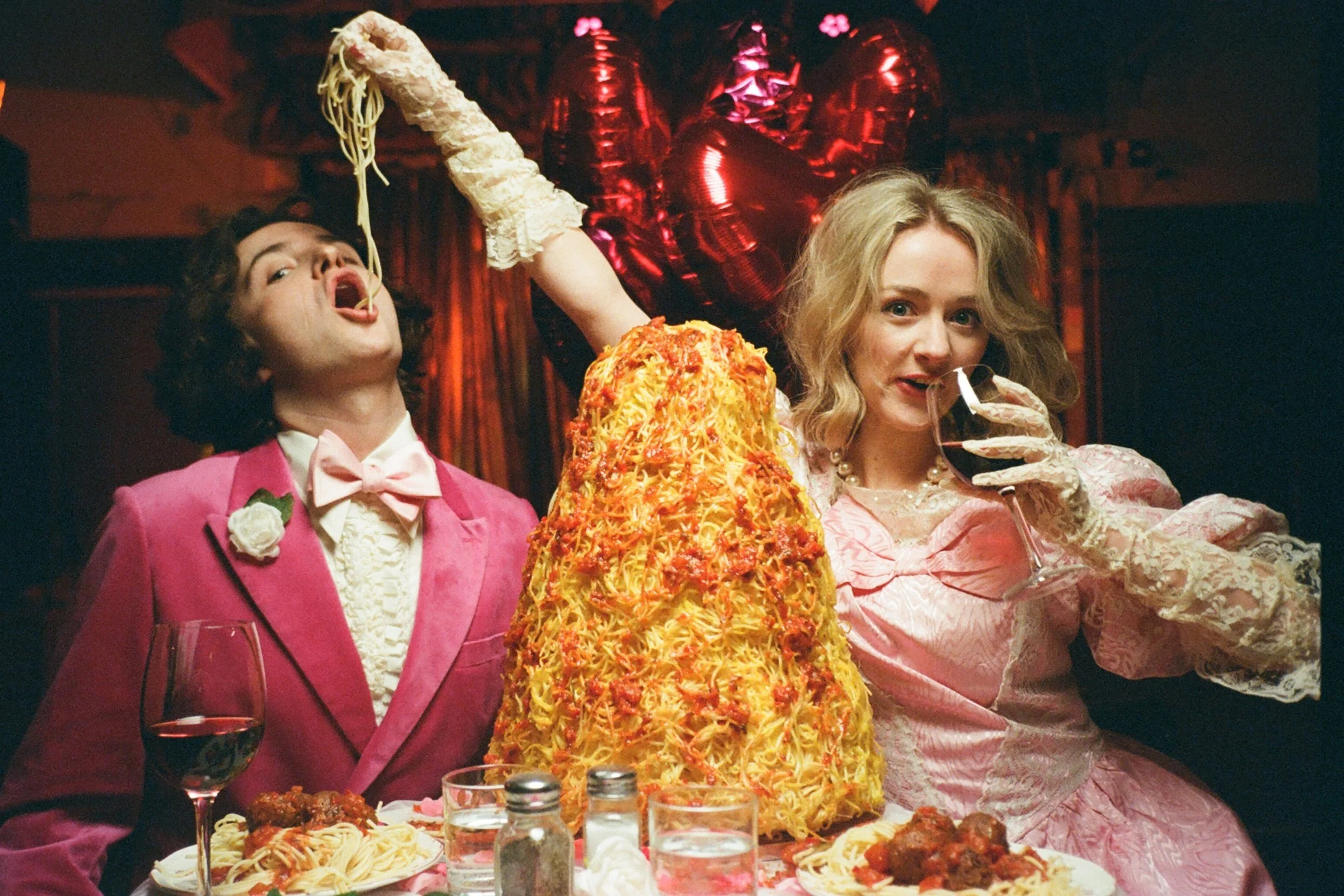How To Behave: Comedy is supposed to be FUN — let people enjoy it!
AI representation of hysterically laughing at a comedian
Opinion: There’s definitely room for a conversation around audience etiquette, particularly when it comes to disrespectful behaviour, but the rest of the time, can’t we just let people enjoy themselves? asks Zoe Paskett.
These articles pop up all the time: HERE IS HOW YOU SHOULD BEHAVE WHEN OUT IN CULTURE. It never fails to get people riled. Of course it does; this is a point of disagreement so evergreen it can be revived ad infinitum.
So here I am — officially riled! I’m specifically riled up about comedy but let me diverge for just a second to make this about me before I get to the point.
A few years ago, while I was at the Evening Standard, my team was collectively writing one of these articles about our respective areas of cultural expertise. At the time, I was mainly covering theatre and, I didn’t realise it at the time but, oh boy do I have thoughts about theatre etiquette. So, I put together my own list of rules (ranging from not singing along with musicals that aren’t sing-a-long shows to taking your rubbish with you when you leave your seat), many of which I would hold myself to still. But at the time, I read it back and instead of feeling satisfied with what I had written, it came across as snarky and a bit ableist actually — my editor agreed and decided that we should can the piece entirely. A good decision!
Here’s the thing: something is going on with audiences at the moment. There has been a definite shift post lockdowns, during which we weren’t required to have any decorum at all, to people moving extremely mad in audiences. More than ever, some seem to think that if they pay for a ticket they can do whatever they like, and then they do those things, whether it’s talking at full volume, or constantly texting, or shouting abuse at comedians. There are loads of things I would love people not to do in comedy shows — but these behaviours are generally contained to the category of ‘Let’s Treat Performers With Respect’.
What we shouldn’t be doing is dictating how people express their enjoyment of culture. While writing these sorts of articles, it’s very easy to get tangled up and forget that culture exists for enjoyment. Yes, it is a serious and important thing and every aspect of it should be open for critique, but at some point we have to allow for things to evolve and for people to work out where they fit within it.
The thing about lumping all these kinds of “etiquette” together is that you start to feel like they should all be treated the same, when there’s no reason that they should. We know that behaving like a prick is bad form, but it shouldn’t be in the same breath as prescribing the volume at which someone expresses their enthusiastic enjoyment of a work of art.
A stock image of people (probably sports fans) cheering, as is their right
In my extensive experience (brag), I’ve never encountered a comedian who would rather the audience stayed quiet and demure and politely tittered. The goal is to elicit a physical response — you want it to be as involuntary and as enthusiastic a response as possible. As the saying goes, “you can’t hear a smile!”
It’s crucial to acknowledge also that my views on comedy audience etiquette are informed by my own self — I have my privileges that others do not. I shouldn’t judge straight men of an English disposition for their inability to vocally express joy.
I am lucky to have experienced my journey through the world of comedy directly in tandem with queer performance. I have travelled along both paths at the same time and speed, to the point that they have become so intertwined, I don’t see them as needing to be separate.
Queer performance spaces are, in my experience, supportive. They are a place to try things that might not work and not feel like you’ve been judged. These audiences tend to be of the mind that, if someone is brave enough to get up in front of us, they deserve our support. Because of this, I have developed a predisposition to be noisy in my happiness. I laugh loudly. I whoop and cheer and scream if the occasion calls for it. I can’t control it anymore.
But I actually think, not only has this made me a better audience member, it’s made me a better professional consumer of culture (literally, vom) — this lack of self-consciousness around what my body is doing when I watch comedy has led to my being better able to trust my gut response. If I monitored my volume throughout everything, whether I enjoyed it or not, I think I might end up confusing myself.
The thing with writing these ‘how to behave’ articles is that they serve little to no purpose, because the people who need a bit of gentle guidance on not pissing in the aisle or starting a slap fight with an usher are not going to be reading them. Neither are the people who go to comedy shows because they want to get drunk and shout at women. These articles don’t solve those problems. Instead, what they serve to do is make people feel self-conscious about entering these spaces or like they don’t belong there. It gives people an unnecessarily harsh and one-dimensional view of what live comedy is like. How is that going to bring in the new audiences we need?
Ultimately, you can’t dictate how other people behave. Yes, it is endlessly frustrating in a lot of ways but it’s part of being around and about in the world. You just have to live with it; embrace it even. If someone is enjoying a show so much they are whooping next to you and it’s loud, how about you let them? Things are so shit in so many ways right now; the last thing we should be doing is policing how people express joy.



